South Africa is turning towards the implementation of new laws that fully allows the economic exploitation of wildlife. The intention is to market the use of all kinds of wild species, including giraffes, zebras, emu, and duikers, in order to produce cheap meat. However, the current corona virus crisis shows this can be a public health, economic and ecological disaster.
Despite the pandemic, and despite the causes of this zoonosis, South Africa is preparing to expand and intensify captive breeding of wild species and sell their meat in the food markets. This is an alarming turning point in the nation’s immense biological heritage management policies. The plan was published in the Official Gazette on 28 February in a proposal to revise the Meat Safety Act, the law that has regulated meat production since 2000. The proposal is to expand the number of non-domestic but edible species “that can be slaughtered as food for humans or for animal consumption”.

The list contains 104 species, including: zebras, red hartebeest, wildebeest, springbok, dik dik, lechwe, kudu, duiker, gemsbok, eland, impala, rhinos (black and white), hippos, giraffes, elephants and crocodiles. The proposal also points out that “this scheme includes animals that are listed as endangered species, in accordance with conservation measures, and therefore their slaughter for both human and animal consumption must be in line with the most relevant conservation indications”.
For some time, conservation and breeding have been going on the same track in South Africa.
The move by the Government, in which the Ministry of the Environment and the Ministry of Agriculture move along a concerted path dotted with legal gaps, has not surprised those in South Africa working in the conservation and in the wildlife farming industry, which supplies trophy animals to hunters and lion bones to Chinese and South East Asian buyers.
In May 2019, the previous Minister of Agriculture had passed an amendment to a 1998 law, the Animal Improvement Act (AIA), to reclassify 33 wildlife species as farm animals, including lions, cheetahs, rhinos and zebras, without public consultation. This allow these animals to be used for breeding, slaughtering and genetic manipulation in farms scattered across the country, the notorious wildlife farms.
As a result, these wildlife farms can use artificial insemination and genetic manipulation to obtain animals with special characteristics, for example faster, larger or of a different colour. These animals are highly sought after by hunters, who seek out-of-norm trophies for their collections.
The government of South Africa has decided to turn towards a complete “wildlife economy” where wild animals are a raw material on which to plan profits. South Africa has now taken a path of use of its fauna which is transforming the country into a genetic laboratory in the name of “sustainable development”. In the midst of an increasingly serious economic crisis, while education levels in the country are also decreasing, the government turns to extraction of resources at all costs for an immediate profit.
While China, on February 24, decided to ban wildlife trade by also asking CITES for more stringent measures, South Africa seems to want to take a completely opposite path, in defiance not only of the precautionary principle, but of international concerns Nobody knows how many of the animals on the Chinese markets came from South Africa and the country is preparing to expand a market that hides unknown public health dangers.
For this reason, on March 21, which is Human Rights Day in South Africa, the EMS Foundation together with about sixty other organizations and institutions will demonstrate in Cape Town to ask the Minister of the Environment Barbara Creecy to close the meat industry and to take a position against Covid-19 and against the consumption of wild meat. People will be virtually united for animal, environmental and human rights, which are strictly related.
This article was first published by African Conservation Foundation on 25 March 2020.
What you can do
Support ‘Fighting for Wildlife’ by donating as little as $1 – It only takes a minute. Thank you.


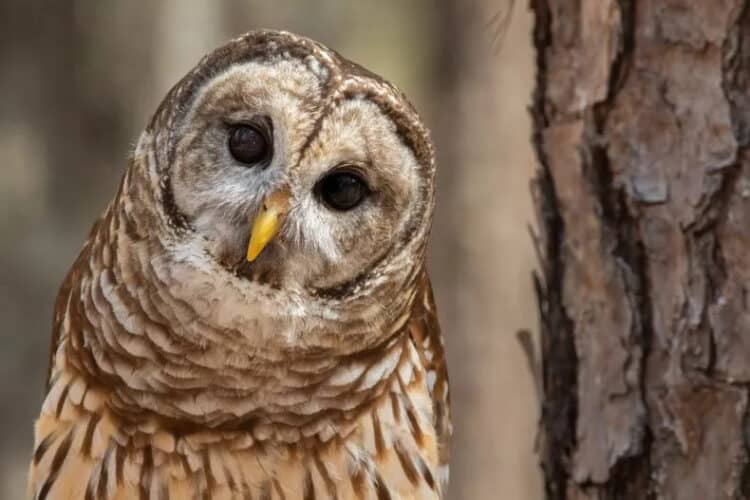
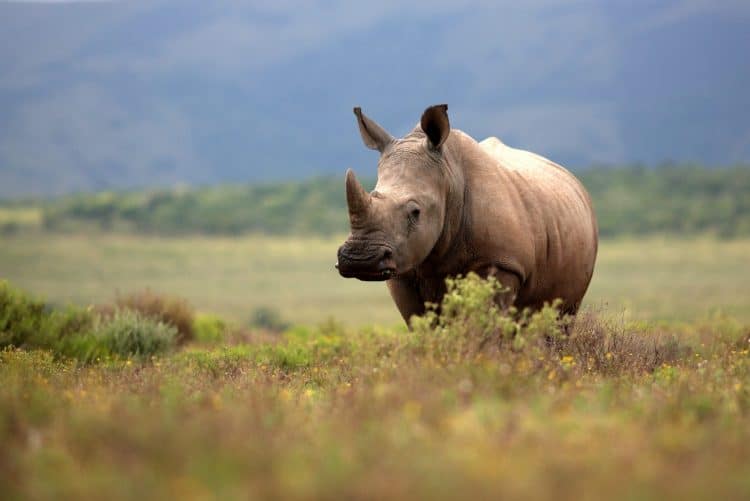
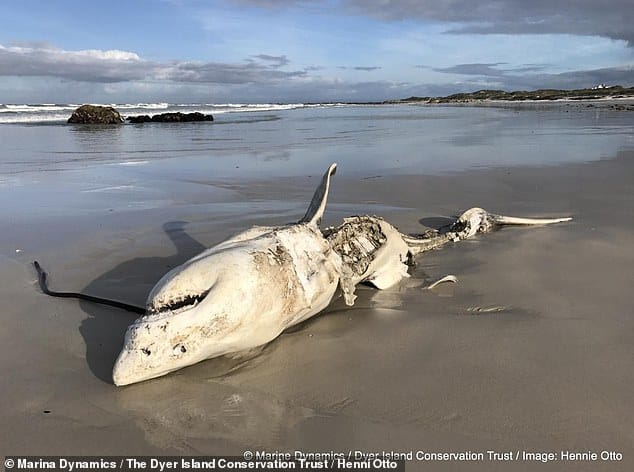
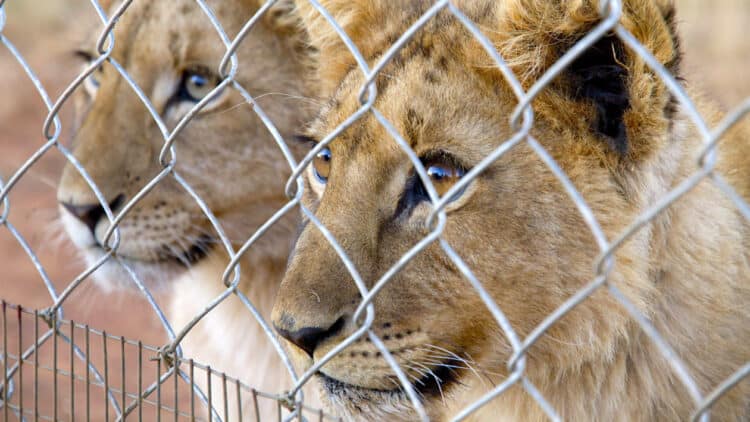
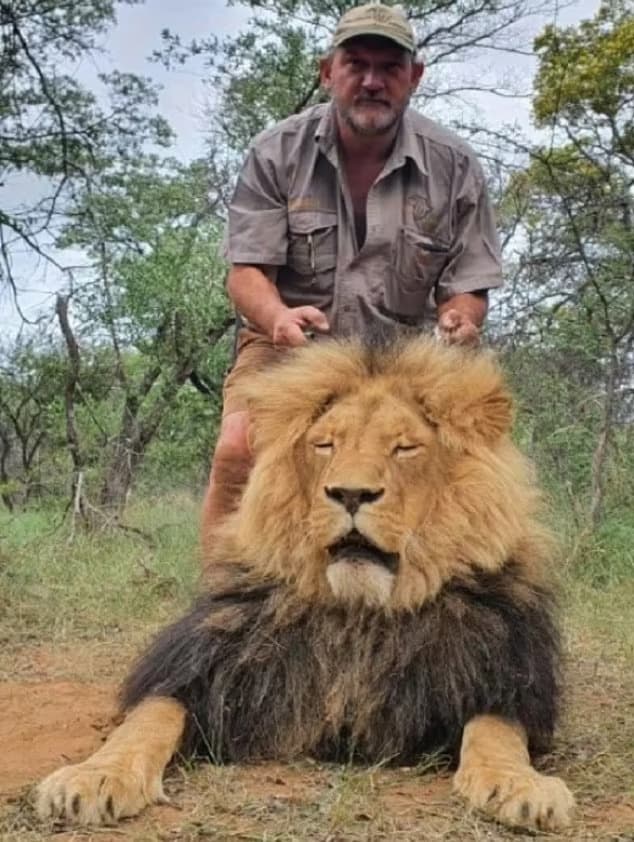
Leave a Reply